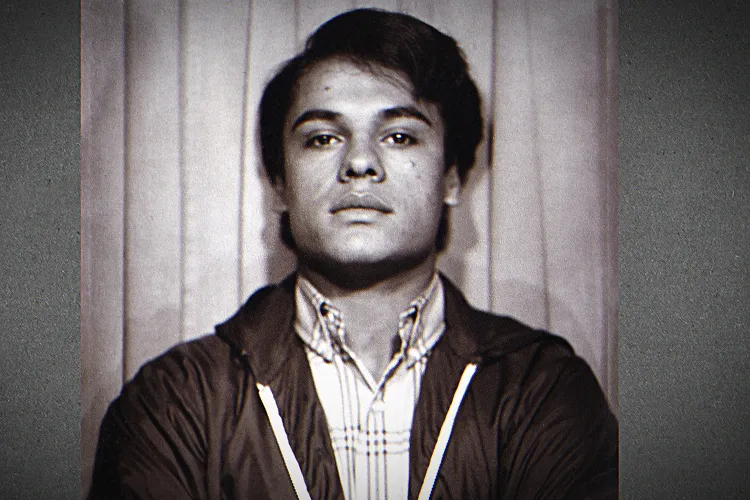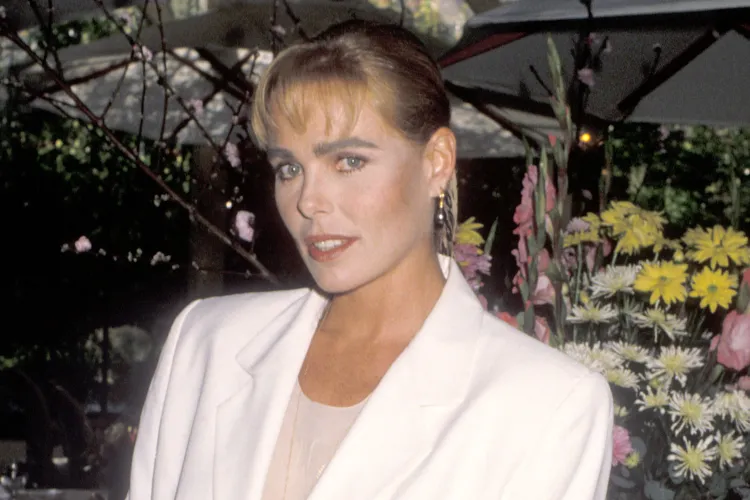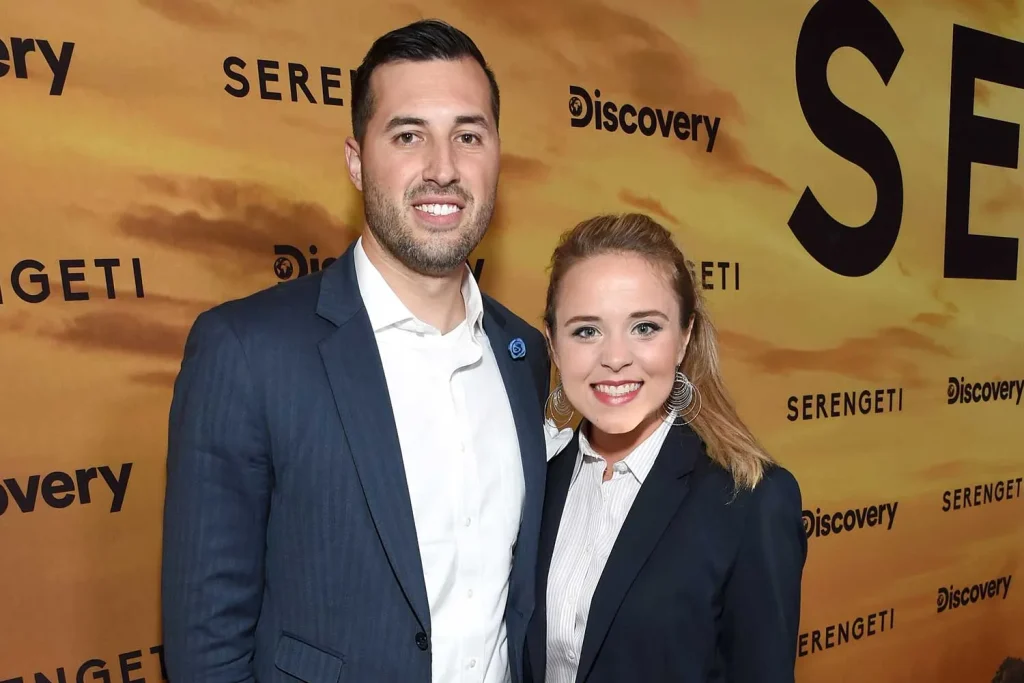A New Netflix Documentary Reveals That Mexican Music Legend Juan Gabriel Was Abused by a Priest at Age 13 — A Hidden Chapter Behind His Extraordinary Rise to Stardom
Juan Gabriel, one of Latin America’s most beloved and influential pop icons, lived a life that shimmered with success, artistry, and resilience. Known affectionately as “El Divo de Juárez,” he captured hearts with his flamboyant performances and timeless songs that blended mariachi, pop, and romantic ballads. But behind the glittering legacy and over 100 million records sold worldwide, a dark and painful story has resurfaced through a newly released Netflix documentary — a revelation that the artist, born Alberto Aguilera Valadez, was sexually abused by a priest at age 13 while growing up in a children’s home.
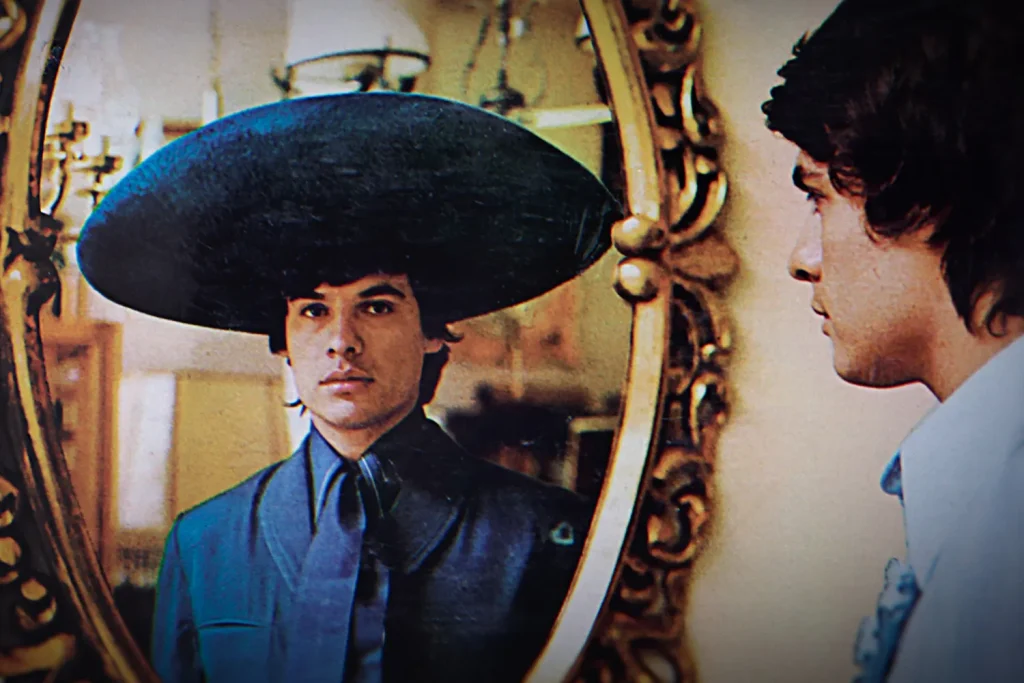
The documentary, titled Divo: The Life of Juan Gabriel, sheds light on a chapter of the singer’s life that had remained largely hidden, one that shaped both his emotional world and his drive to rise above circumstances that might have destroyed a lesser soul. According to interviews and archival materials featured in the film, Gabriel confided in close friends later in life that he endured abuse while living at a reformatory-like institution in Ciudad Juárez, Mexico, after being separated from his family as a child.
Those who knew him intimately describe the revelation as both heartbreaking and illuminating — explaining much of the pain that fueled his music, his obsession with love, and his unrelenting need for acceptance. “He turned his wounds into songs,” says one former collaborator featured in the film. “He took what hurt him most and made it beautiful for the world.”
Juan Gabriel’s story begins in 1950, in Parácuaro, Michoacán, Mexico. He was the youngest of ten children born into poverty. His father was institutionalized when Gabriel was still a baby, and his mother, unable to provide for all her children, placed him in a boarding school for disadvantaged youth. It was there, the documentary reveals, that the young Alberto encountered the priest who would betray his trust. The details, handled delicately by the filmmakers, are recounted through testimonies from friends and contemporaries who say he carried the trauma silently for decades.
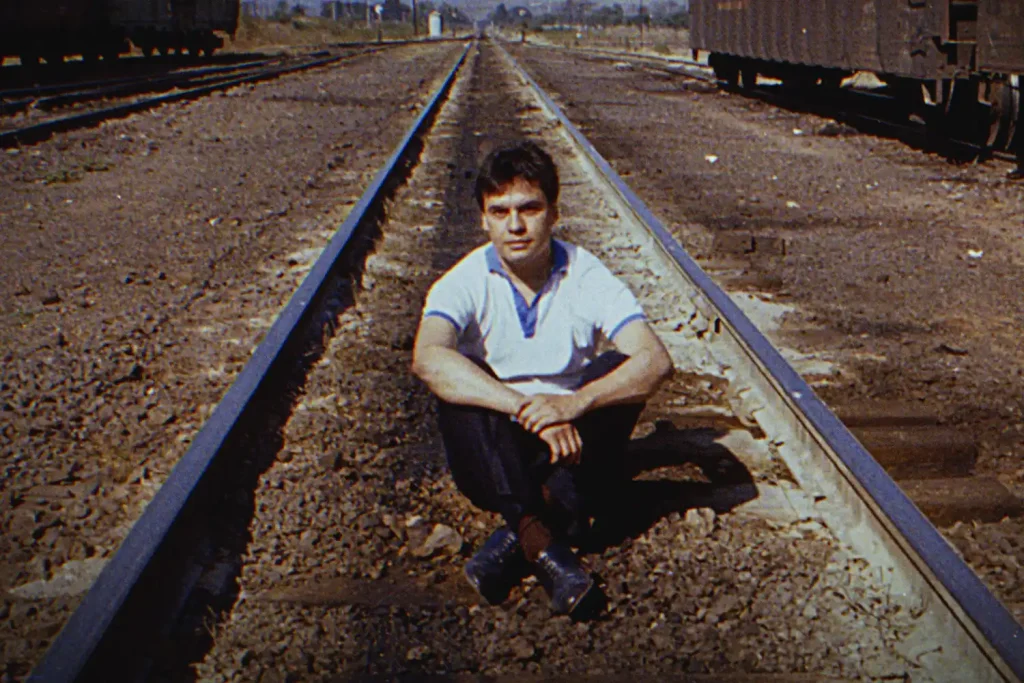
The documentary’s revelations are not presented as scandal, but as context — a critical window into the psychological landscape of one of Latin music’s most enigmatic performers. Juan Gabriel’s songs, from “Querida” to “Amor Eterno,” are steeped in longing, forgiveness, and the ache of impossible love. Viewers of the film can’t help but hear them differently after learning what he endured. “It makes sense now,” said one fan interviewed outside a Mexico City screening. “His pain was real, and yet he gave us so much love through it.”
The film also explores how Gabriel’s early trauma shaped his empathy for the marginalized. Known for his generosity and unwavering compassion, he funded orphanages, paid for the education of countless children, and gave away much of his wealth quietly. “He never wanted another child to feel forgotten like he did,” a family friend says in the film. “His art was his healing, and his kindness was his revenge against the cruelty he experienced.”
Despite the horrific nature of the revelation, the documentary maintains a tone of dignity and humanity, reflecting the dualities that defined Juan Gabriel’s life — fragility and power, pain and triumph, solitude and adoration. Director Alejandro Rivas, who helmed the project, told reporters that the decision to include the abuse allegation was not made lightly. “We wanted to honor Alberto’s truth,” Rivas explained. “He was a man who spent his entire life speaking about love, but to understand that love, you have to understand the suffering that preceded it.”
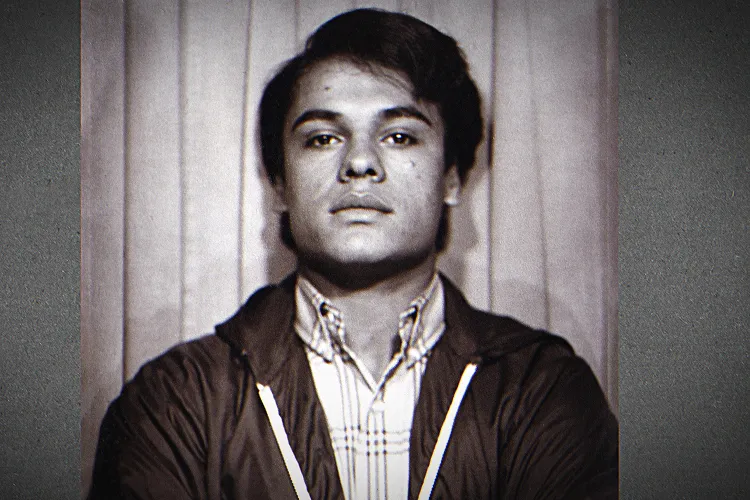
The film also revisits how Gabriel’s openness about his sexuality — though he never publicly labeled himself — made him a trailblazer in a conservative era. He defied gender norms with his glittering costumes, emotional expressiveness, and refusal to conform to machismo expectations in Mexican music. For years, rumors about his romantic life dominated tabloids, but fans adored him regardless. The new documentary subtly connects this defiance to the emotional armor he built in his youth. “He learned early on that authenticity was his only protection,” a biographer says in the film.
Gabriel’s professional journey was one of staggering accomplishment. After years of performing in local bars and radio stations, he signed his first record deal in 1971 and quickly became a phenomenon. His ability to bridge genres — ranchera, pop, mariachi, and ballad — earned him fans across generations and borders. By the time of his death in 2016, he had written more than 1,800 songs and performed on the world’s biggest stages. Yet, as Divo shows, his private struggles never fully disappeared. Friends recall moments when Gabriel would suddenly retreat into silence, his charisma replaced by a quiet sadness that only those closest to him could detect.
The documentary also features archival footage from his final tour, México Es Todo, during which he appeared vibrant and full of gratitude — a performer who had turned his life’s tragedies into art that transcended language and culture. In one moving moment, the film shows him dedicating “Amor Eterno,” a song he wrote in memory of his mother, to his fans. His voice cracks as he sings, “Tú eres el amor de mi vida,” and the audience, unaware of the depth of his childhood suffering, erupts in applause.
The inclusion of his abuse revelation has reignited a national conversation in Mexico about trauma, silence, and the need for accountability within institutions of power. Cultural commentators have praised the documentary for balancing sensitivity with truth-telling. “It’s not about diminishing his legacy,” one journalist said on Televisa. “It’s about understanding his humanity. He wasn’t just a superstar — he was a survivor.”
For fans who grew up listening to Juan Gabriel, the revelations may be difficult to process, but they also deepen their appreciation for the man behind the music. In the documentary’s closing moments, a voiceover from an old interview plays: “I believe that love saves everything. Even the worst things in life can be overcome if you choose to love.” Those words, now contextualized by the pain he endured, resonate with devastating clarity.
Netflix has described Divo: The Life of Juan Gabriel as both a celebration and a confession — a tribute to the artist’s brilliance and a reckoning with the hardships that molded him. The film includes rare home videos and never-before-seen photos that portray Gabriel not as a legend, but as Alberto — a boy who dreamed of singing his way out of darkness and into the light.
As the credits roll, viewers are left with an image of Gabriel on stage, bathed in golden light, smiling at an audience that adored him unconditionally. For all that he endured, he never allowed bitterness to define him. Instead, he transformed his suffering into beauty and his pain into art that continues to heal millions. His story is no longer just about fame, music, or legacy — it’s about the enduring power of the human spirit to rise above even the deepest scars.
